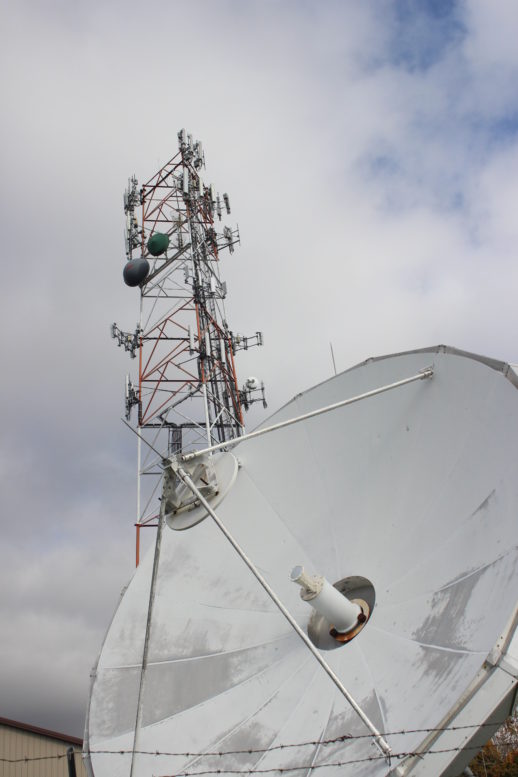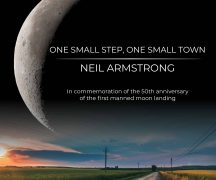By DAVID DUPONT
BG Independent News
When Dave Kielmeyer first discussed the possibility of Bowling Green State University taking part in the Federal Communications Commission’s incentive auction, he said that WBGU-TV’s spectrum could fetch millions, or nothing, “nada.”
Now some 20 months later, after a vigorous public discussion period, and more than a year-long auction process, “nada” it is.
The university announced Friday that it had withdrawn from the auction about a month ago, and the station will continue to broadcast in the UHF spectrum.
The only change for WBGU-TV will be a move a few spots down on the dial from 27 to 22. That’s part of the repacking process whereby TV stations are packed into one part of the spectrum, and wireless providers into the newly acquired space. But that won’t happen for at least another 18 months or so. Kielmeyer said the station’s engineering staff is looking at the details of making the change. “I don’t think it’ll be terribly difficult.”
All the costs of moving will be picked up by the FCC.
The parties could not comment while the auction was going on, and only now has the FCC allowed stations to announce the outcome. The FCC had staged the auction to free up spectrum for use by the growing wireless sector.
Kielmeyer, who as chief marketing and communications officer oversees the station, said that the university decided that the money being offered was not enough to continue in the process.
The university, he said, had hoped to generate some revenue that could have been used for student scholarships. The university trustees had said that the station would continue to operate, but allowed the administration to participate to see if it could surrender its UHF spectrum, which is more desirable, and move to VHF, or possibly partner with another station, and share spectrum.
In a statement released by the university, President Mary Ellen Mazey said: “As we indicated before the start of the auction, WBGU-TV remains an integral part of the University’s core mission, a valued asset in the community, and an important provider of experiential learning for our academic programs. We look forward to continuing that mission.”
The university conducted four public meetings in the summer of 2015. Those hearings drew hundreds, almost unanimous in supporting keeping the station on the air. They included students and BGSU alumni who had worked at the station. Graduates spoke of how the station helped launch their careers. They included families who praised the quality of programs. One was an elderly man who said he appreciated how the station took him around the world, and he didn’t have to watch Viagra commercials.
Mazey said: “Our conversations about the future of WBGU helped generate a renewed appreciation of the station, both in the communities we serve and on our campuses. The process has strengthened the station and the University.”
According to the press release, she has appointed a task force “to develop and implement a plan to increase collaborations and more closely align the station with BGSU’s academic programs.”
Media sources report the auction generated $19.6 billion, far short of what was expected. Broadcastingcable.com reports the cost of the auction and the repacking process are paid for, the FCC will clear $7 billion to go toward deficit reduction.





